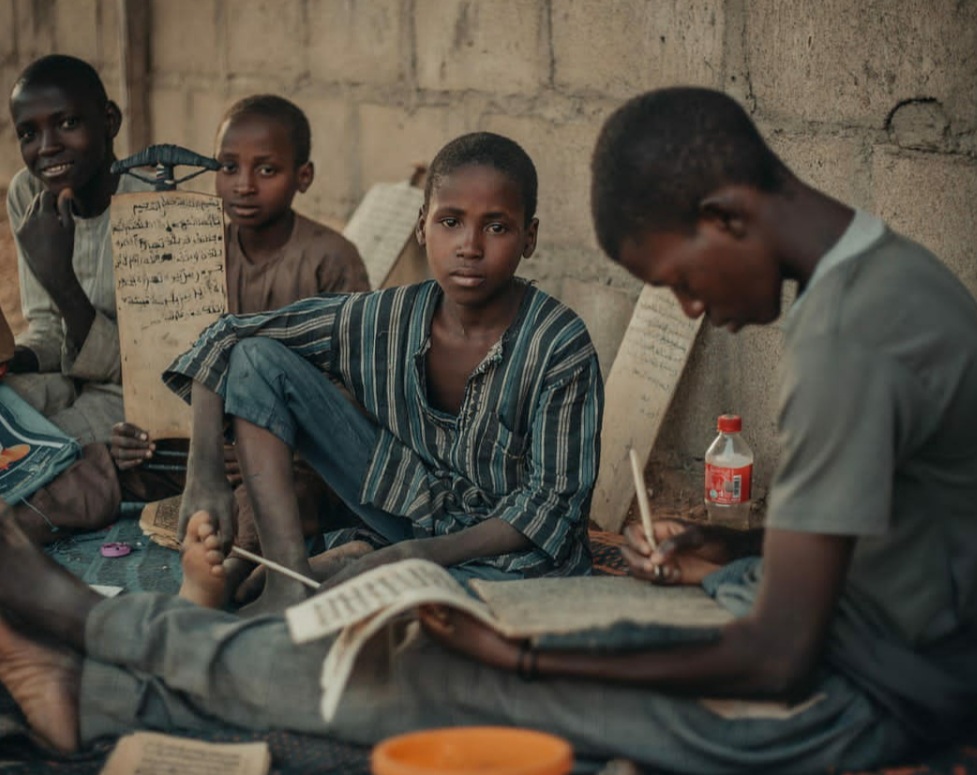By Aderogba George
The Advancing Children’s Rights Initiative (ACRI), formerly Almajiri Child Rights Initiative, is working to enroll 10,000 out-of-school children into formal education, the NGO’s founder, Mr Mohammad Keana, has disclosed.
Keana, in an interview with the News Agency of Nigeria (NAN) on Wednesday in Abuja, emphasised the organisation’s focus on supporting and educating vulnerable Almajiri children.
He also emphasised efforts to integrate them into mainstream schools while promoting literacy, numeracy, and social inclusion across Nigerian communities.
“The initiative, conceived in 2019 at a United Nations programme marking a decade of action on the Sustainable Development Goals (SDGs), aims to ensure children’s access to quality education and bridge gaps for the most marginalised by 2030.
“Nigeria currently has one of the highest numbers of out-of-school children globally, a challenge ACRI seeks to address by combining advocacy, community engagement, and partnerships with governments, NGOs, and local stakeholders to deliver sustainable results.”
Keana explained that the programme had already made significant progress, enrolling children in Abuja and Katsina, where they now attended nearby primary schools while continuing learning at Almajiri centres, fostering social integration and equal educational opportunities.
“Since 2020, early beneficiaries have advanced through primary school levels, demonstrating the effectiveness of combining formal education with community-based support.
“This approach ensures children not only learn but remain in school,” Keana said.
He said in 2021, ACRI partnered with the Kaduna State government, the Polish Embassy, and local communities to build a three-block classroom facility, now educating more than 600 children, illustrating the transformative potential of collaborative initiatives.
He said central to ACRI’s strategy was community philanthropy, enabling local residents to sponsor children’s education directly, reducing dependence on international donors while promoting inclusion and equality between privileged and underprivileged pupils.
Looking ahead, Keana said the organisation planned to pilot a free school-fee programme in one community in 2026, further strengthening literacy and numeracy support systems while advocating for full enforcement of children’s education rights.
He emphasised that school fees, hidden costs for materials, and limited access remained major barriers, and ACRI’s community-driven model was key to ensuring all children, especially Almajiris, had the opportunity to succeed academically. (NAN)

